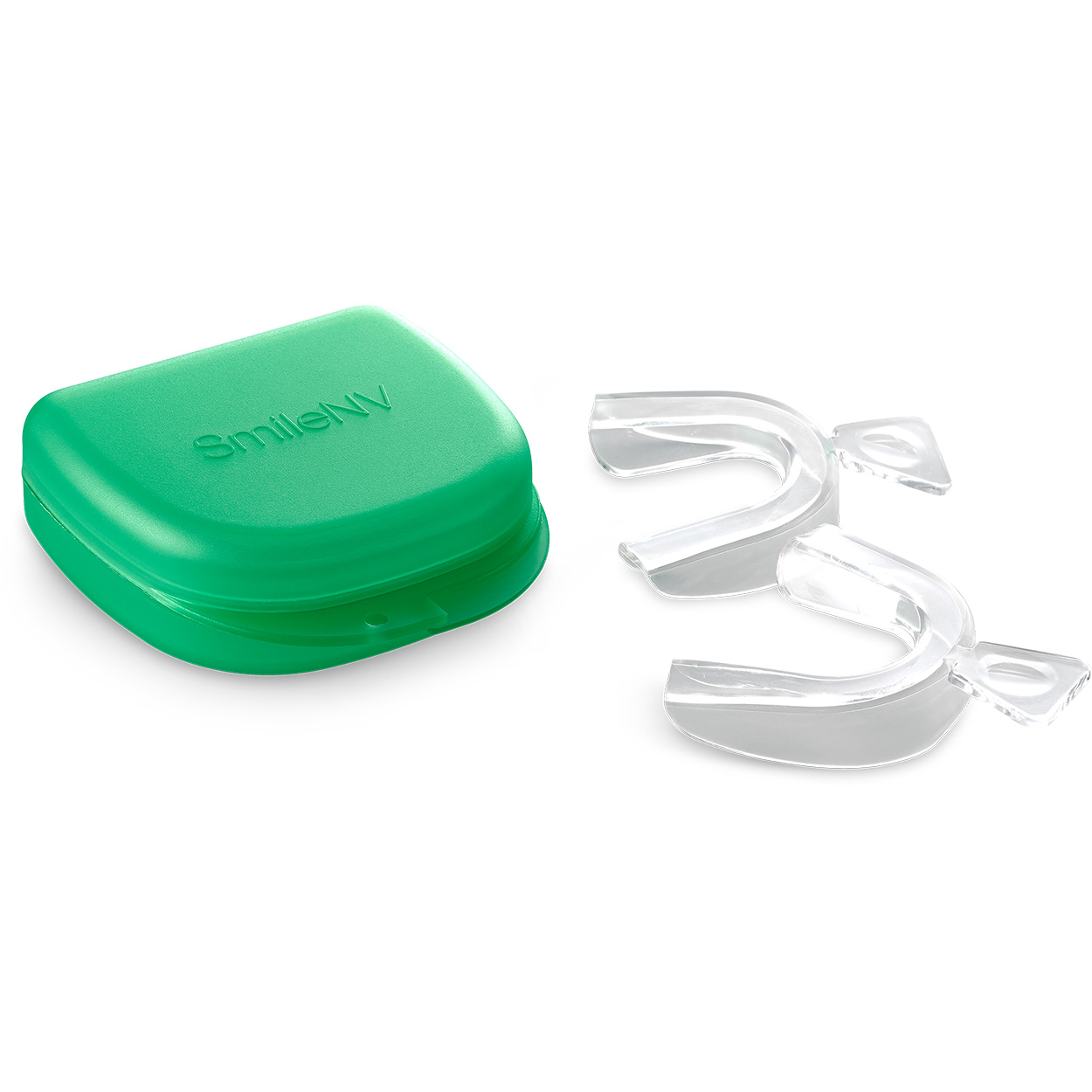When Do Toothaches Lead To Headaches? Fast Fix

The dreaded combination of a toothache and a headache - a perfect storm of discomfort that can leave you feeling miserable. But have you ever wondered when toothaches lead to headaches, and more importantly, how to find quick relief? Let’s delve into the world of toothache-induced headaches and explore the reasons behind this painful phenomenon.
To understand the connection between toothaches and headaches, it’s essential to know that the nerves in your teeth and face are closely linked to the nerves in your brain. When a tooth becomes infected or inflamed, it can trigger a response in the surrounding nerves, which can then radiate pain to other areas of your face, including your head. This is known as referred pain.
There are several types of toothaches that can lead to headaches, including:
- Pulpitis: This is an inflammation of the pulp, the soft tissue inside your tooth that contains nerves and blood vessels. When the pulp becomes inflamed, it can cause pain that radiates to your head.
- Abscesses: A dental abscess is a pocket of pus that forms in your teeth or gums. The infection can spread to other areas of your face, including your sinuses, which can lead to headaches.
- Gum disease: Gum disease, also known as periodontal disease, can cause inflammation and infection in your gums. This can lead to pain that radiates to your head, especially if the infection spreads to your sinuses.
So, how can you find quick relief from a toothache-induced headache? Here are some fast fixes to try:
- Over-the-counter pain relievers: Over-the-counter pain relievers like ibuprofen or acetaminophen can help alleviate toothache pain and reduce inflammation.
- Cold compress: Applying a cold compress to your cheek or jaw can help reduce pain and swelling.
- Saltwater rinse: Rinsing your mouth with warm salt water can help reduce inflammation and kill bacteria that may be contributing to the infection.
- Desensitizing toothpaste: Using a desensitizing toothpaste can help alleviate tooth sensitivity, which can contribute to toothache pain.
- Dental care: Practicing good dental hygiene, including brushing and flossing regularly, can help prevent toothaches and reduce the risk of headaches.
While these fast fixes can provide temporary relief, this is an emergency and requires immediate attention from a dentist or healthcare professional. They can help diagnose the underlying cause of your toothache and provide treatment to alleviate your symptoms.
In conclusion, toothaches can lead to headaches when the nerves in your teeth and face become inflamed or infected. By understanding the causes of toothache-induced headaches and trying fast fixes like over-the-counter pain relievers, cold compresses, and desensitizing toothpaste, you can find quick relief from this painful phenomenon. However, for long-term relief, it’s essential to practice good dental hygiene and seek professional help from a dentist or healthcare professional.
What are the most common causes of toothache-induced headaches?
+The most common causes of toothache-induced headaches include pulpitis, abscesses, and gum disease. These conditions can cause inflammation and infection in your teeth and gums, which can lead to pain that radiates to your head.
How can I prevent toothaches and reduce the risk of headaches?
+Practicing good dental hygiene, including brushing and flossing regularly, can help prevent toothaches and reduce the risk of headaches. Additionally, avoiding sugary and acidic foods, visiting your dentist regularly, and avoiding grinding or clenching your teeth can also help prevent toothaches and headaches.
When should I seek professional help for a toothache-induced headache?
+You should seek professional help from a dentist or healthcare professional if your toothache or headache persists or worsens over time. Additionally, if you experience symptoms like fever, swelling, or difficulty breathing, you should seek immediate medical attention.

